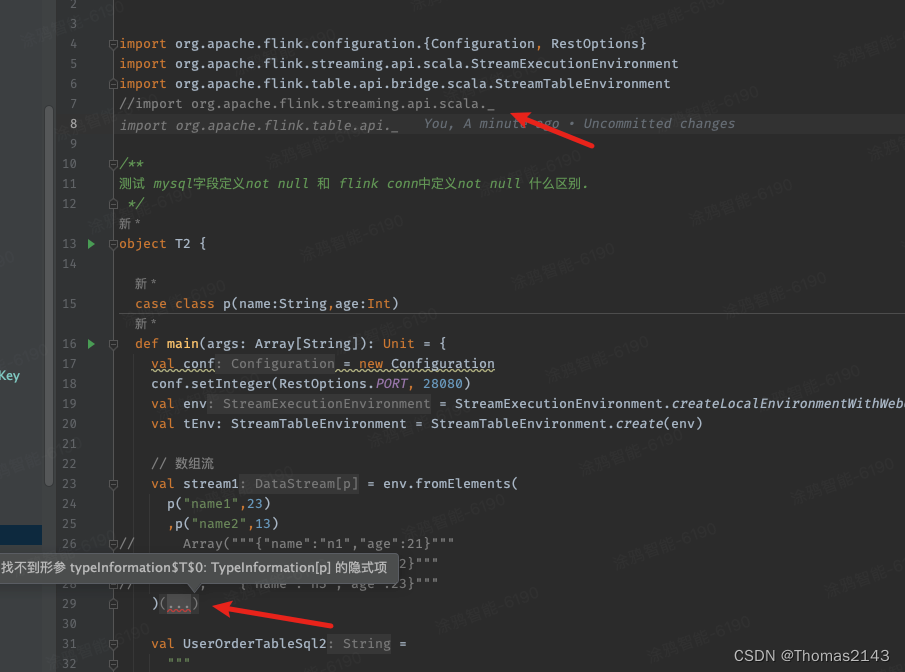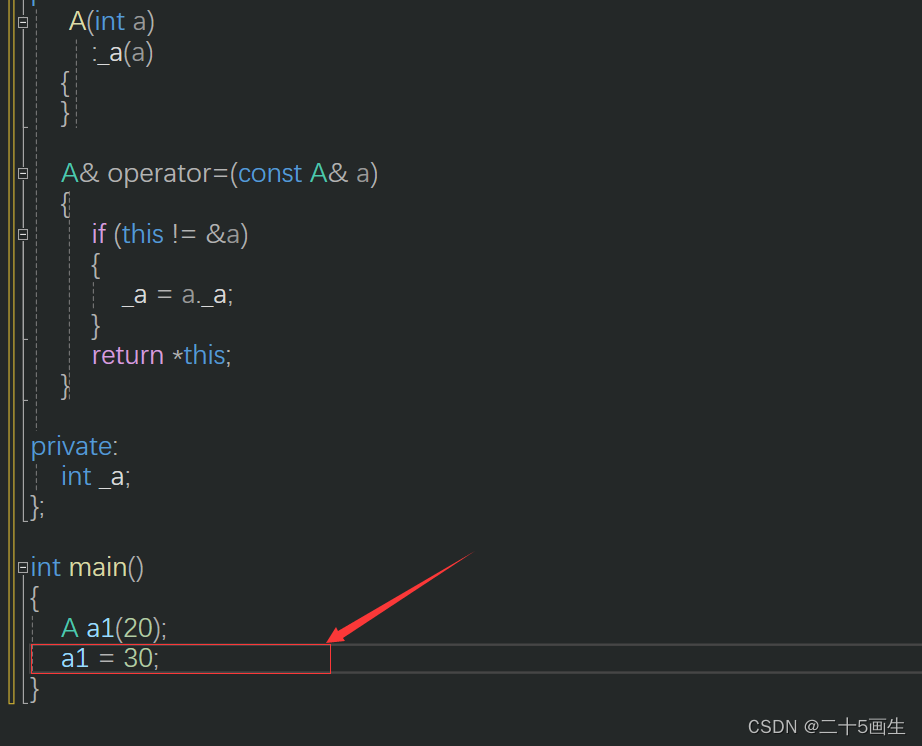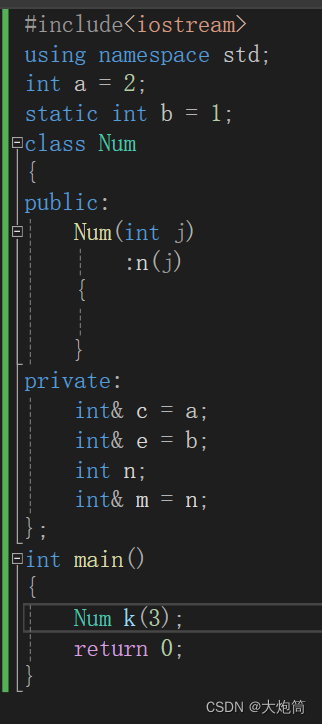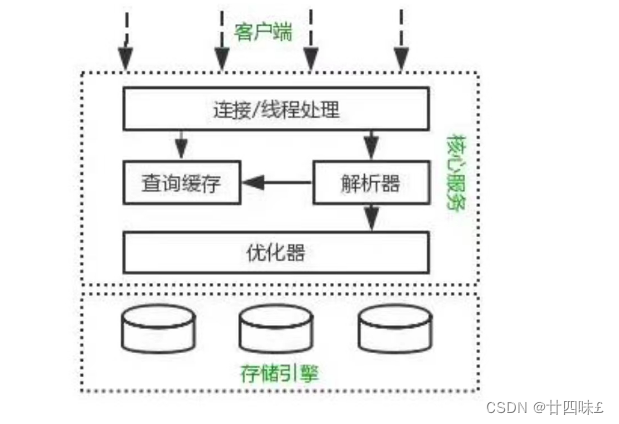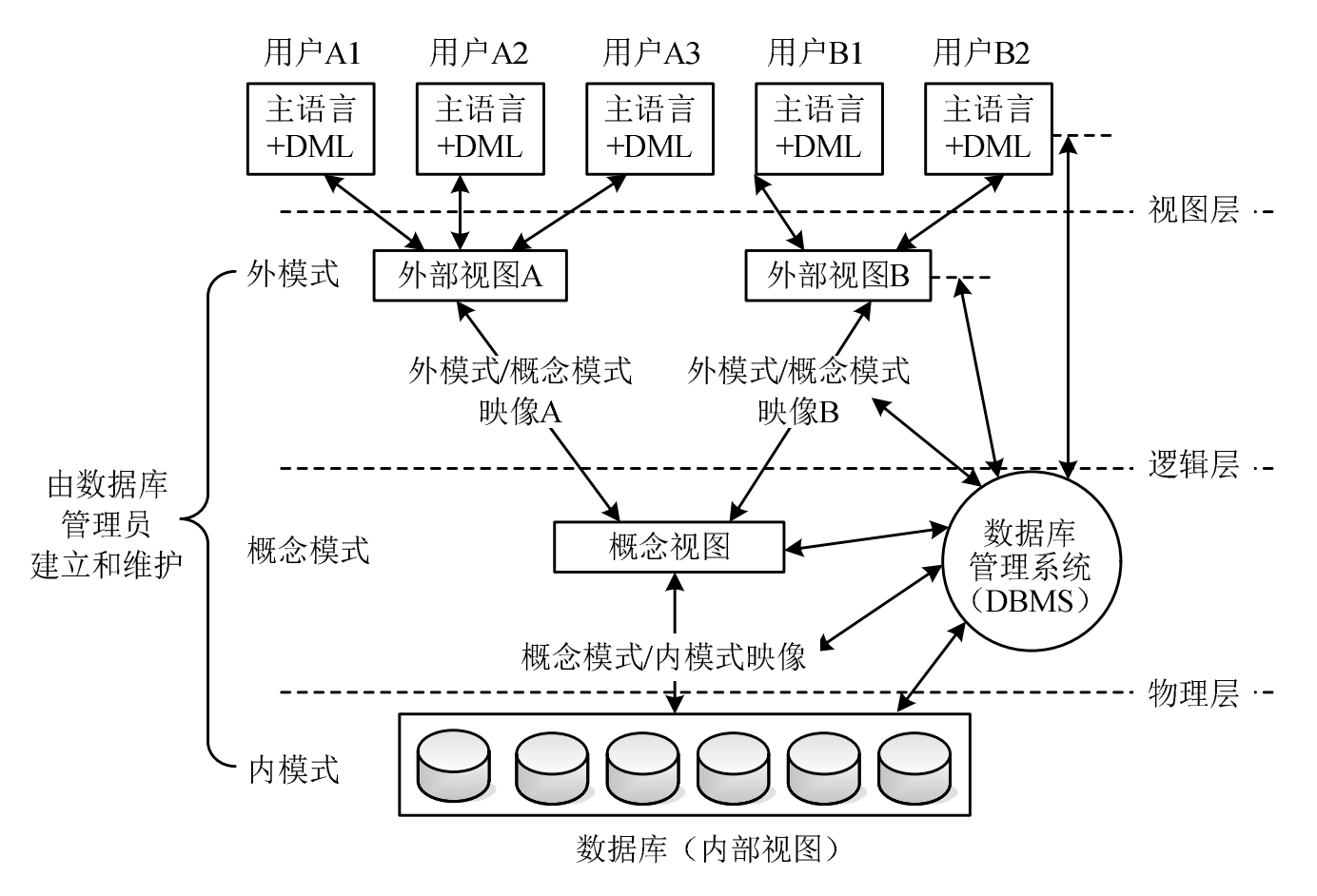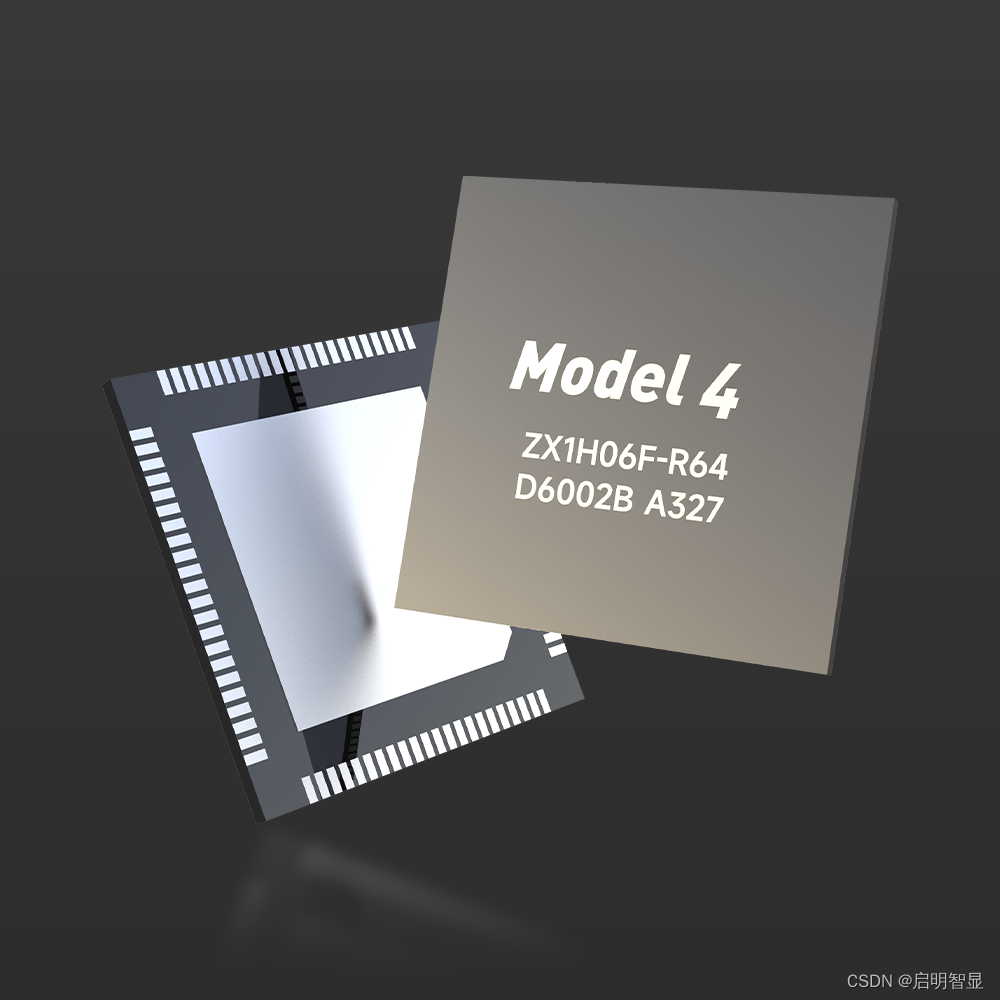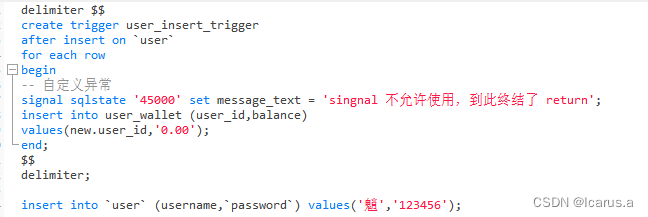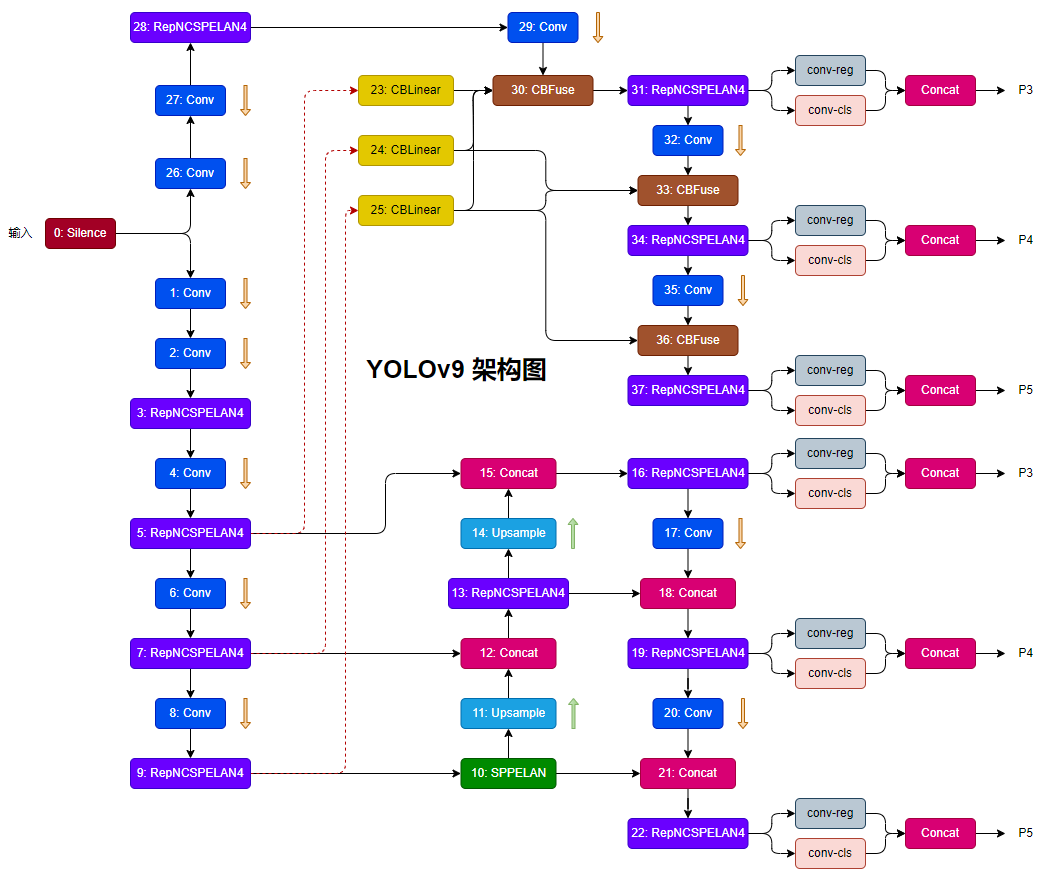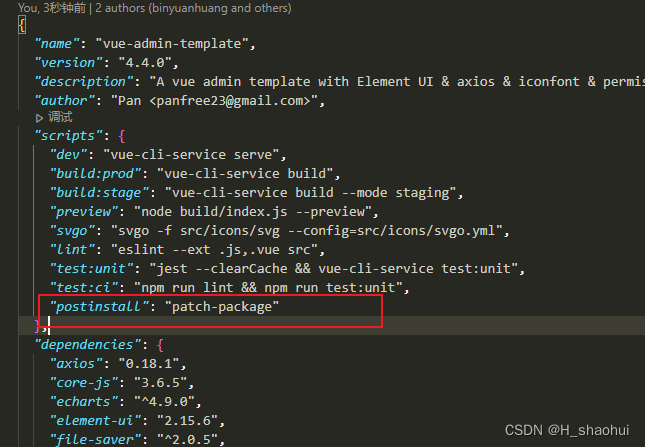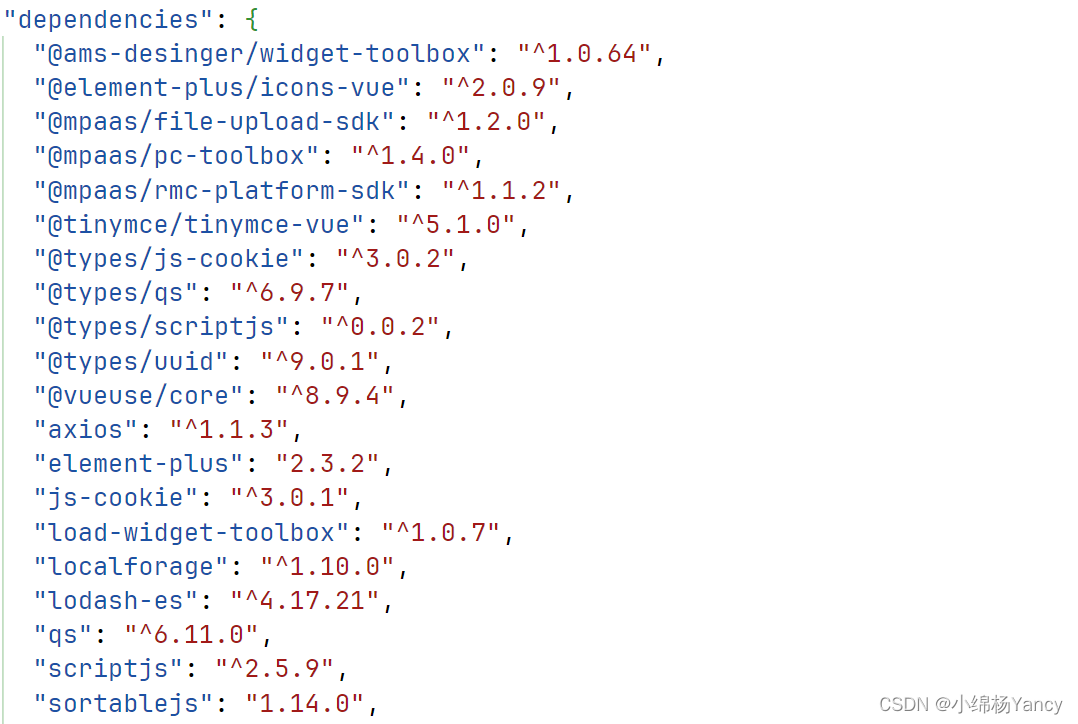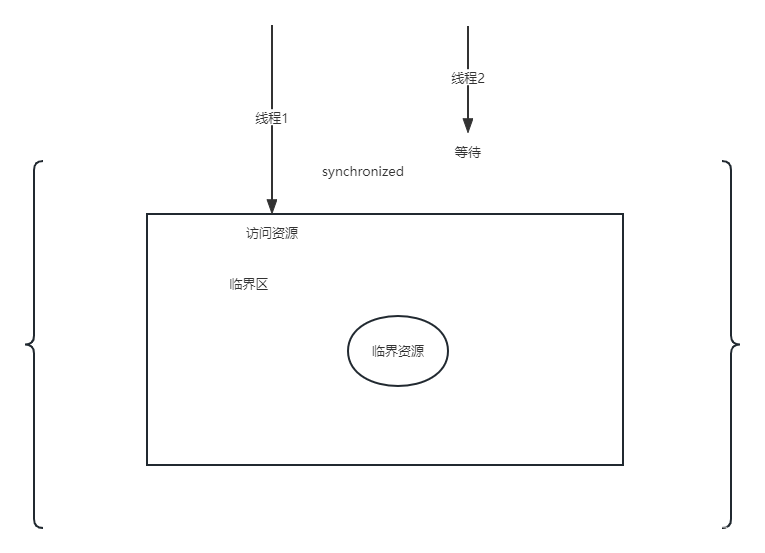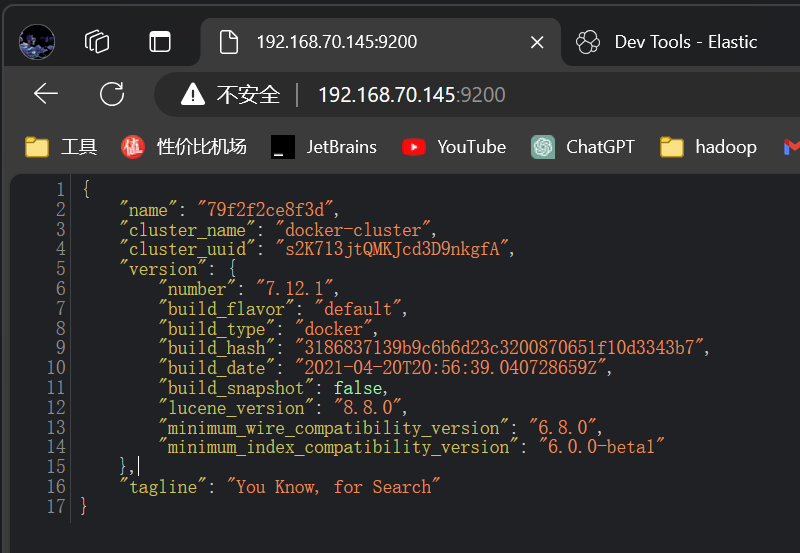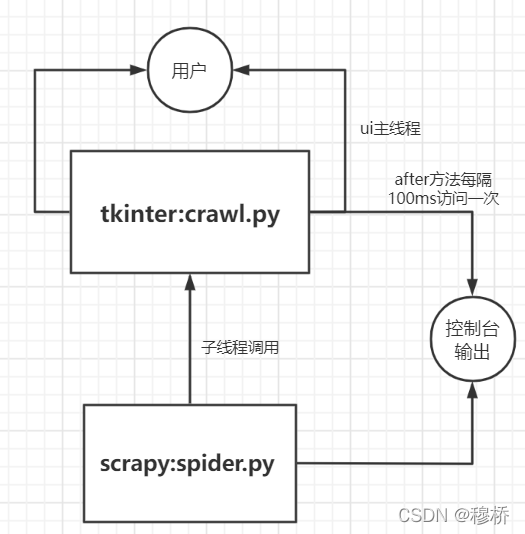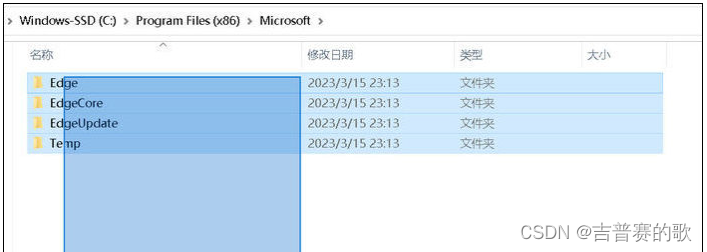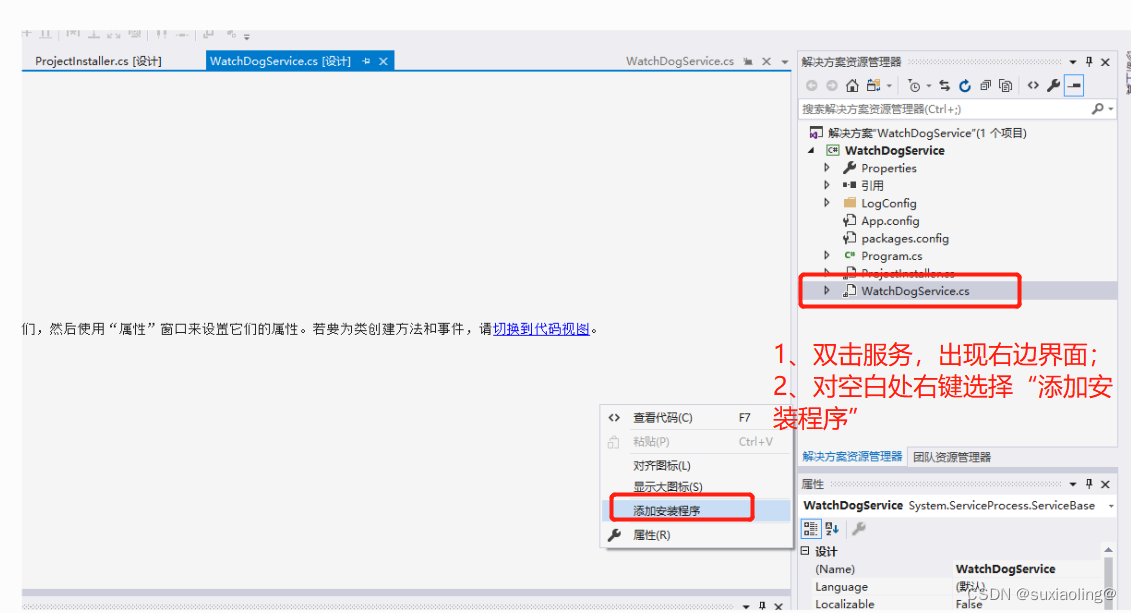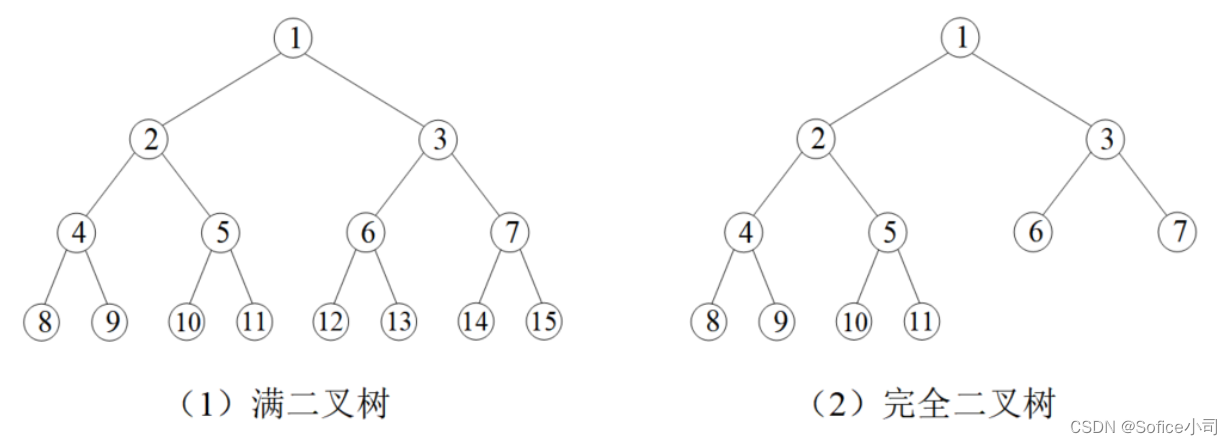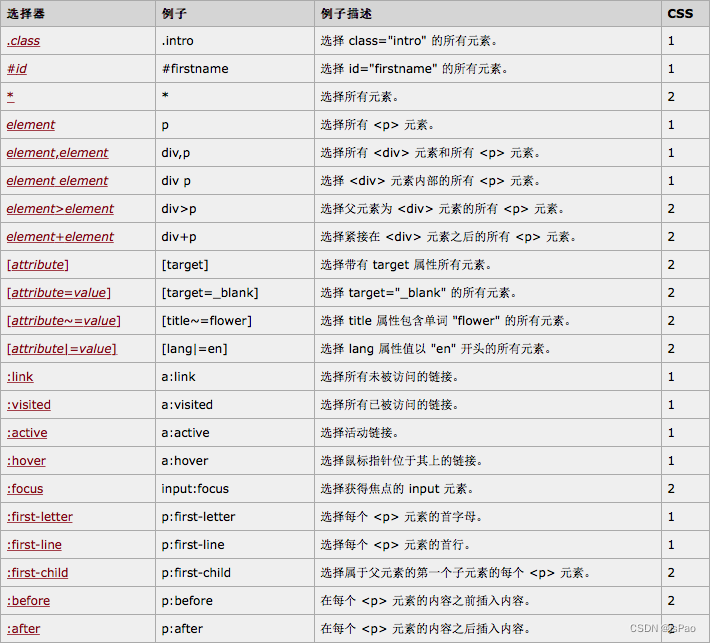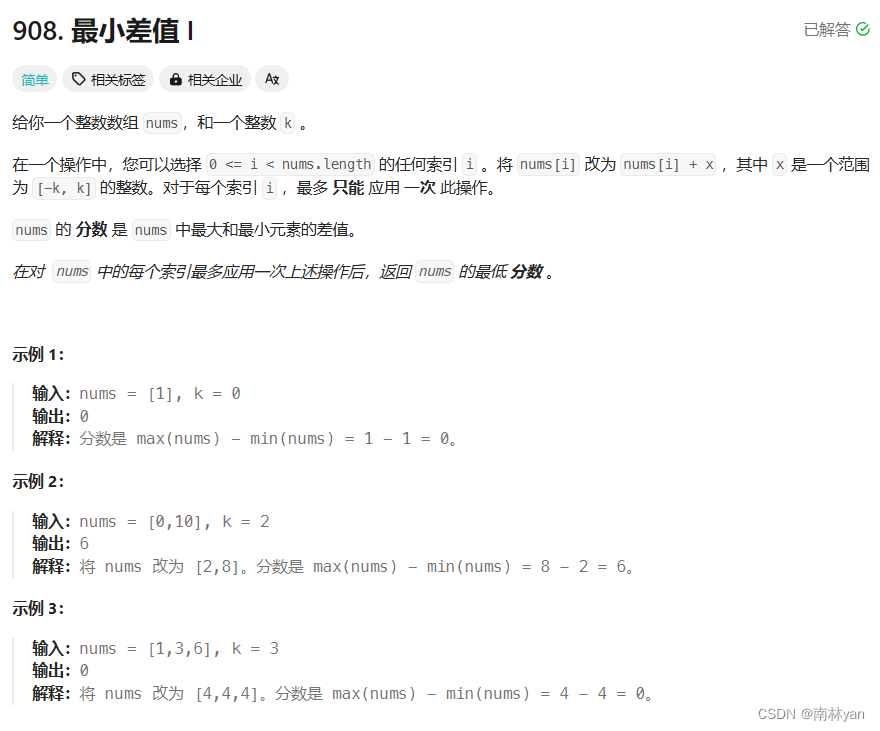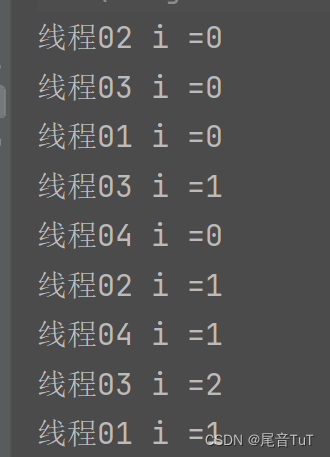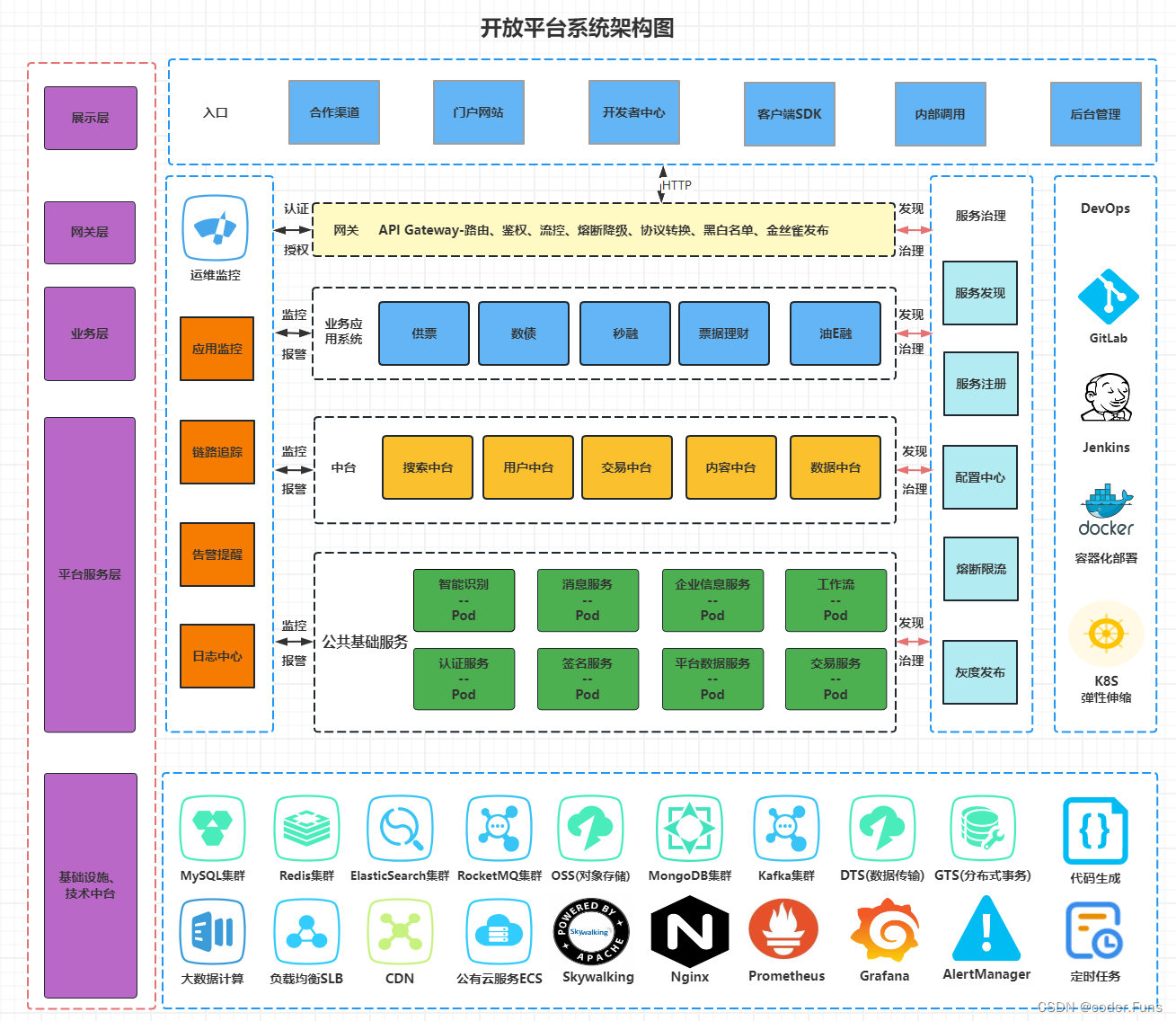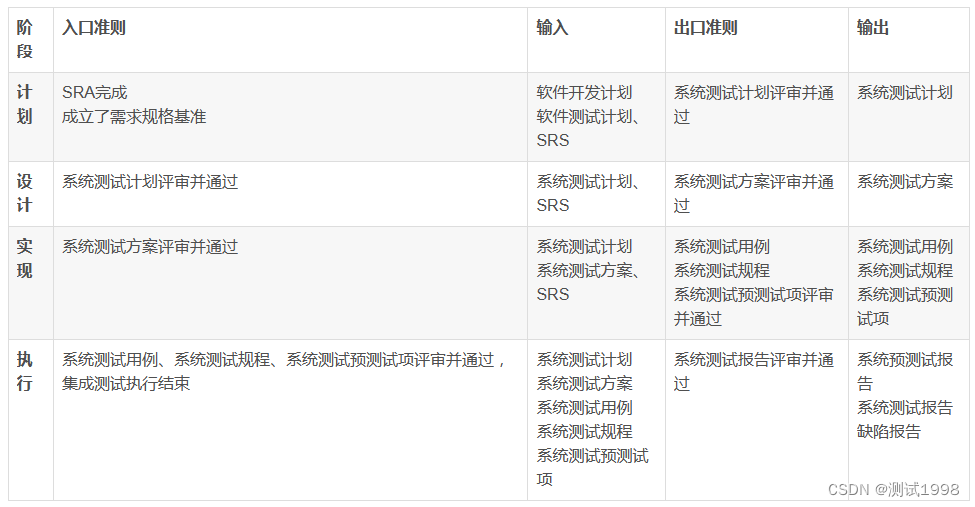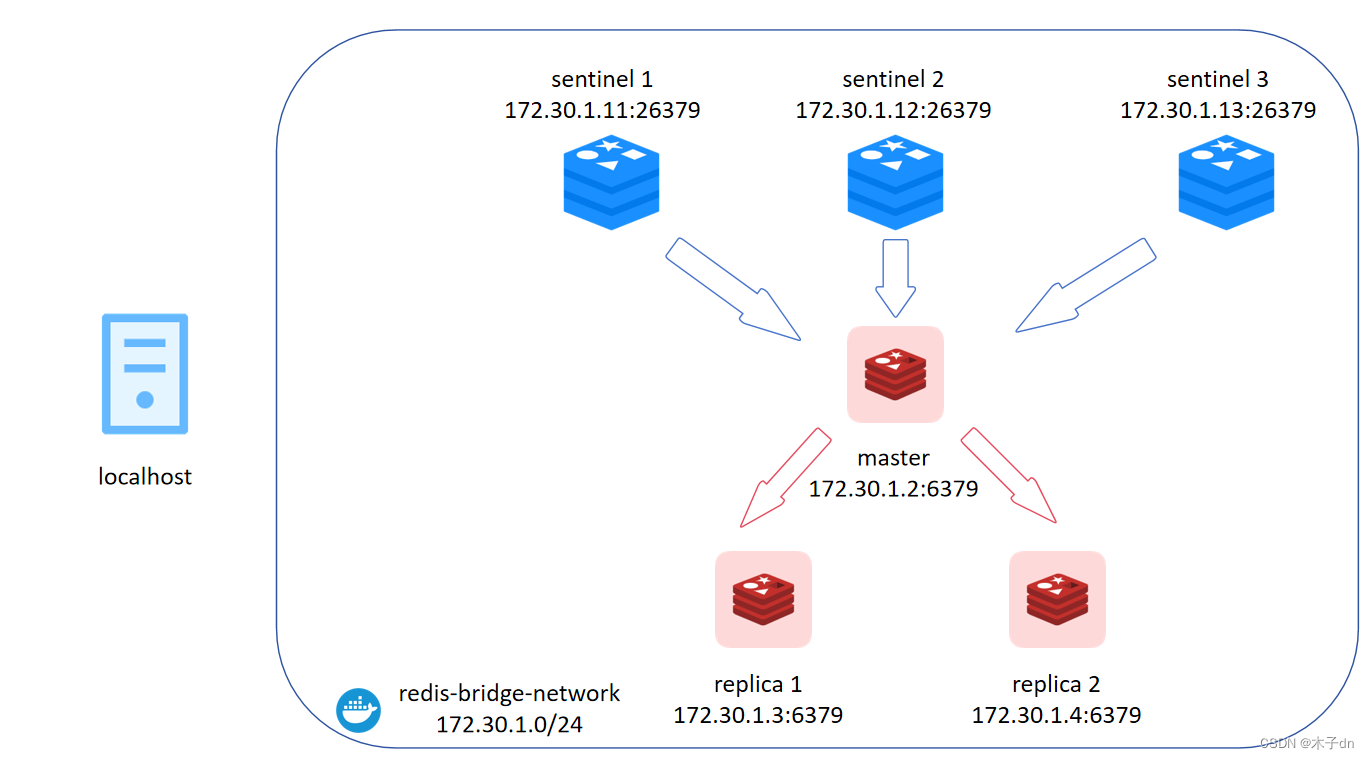一、什么是隐式共享
Qt 的隐式共享(implicit sharing)机制是一种设计模式,用于在进行数据拷贝时提高效率和减少内存占用。
在 Qt 中,许多类(如 QString、QList 等)都使用了隐式共享机制。这意味着当这些类的实例被拷贝时,实际上并不会立即进行数据的深拷贝,而是共享同一份数据。只有在其中一个实例发生修改时,才会进行实际的数据复制,以确保数据的独立性,即Copy-On-Write。
隐式共享机制通过引用计数(reference counting)来实现。每个共享的实例都包含一个引用计数,用于记录当前有多少个实例共享同一份数据。当一个实例被拷贝时,引用计数会增加;当一个实例被销毁时,引用计数会减少。只有当引用计数为 1 时,才会进行实际的数据复制。
这种设计模式可以提高程序的性能和内存利用率,特别是在处理大量数据拷贝的情况下。同时,开发者也无需过多关注数据的共享和拷贝,从而简化了程序的设计和实现。
总之,Qt 的隐式共享机制是一种高效的数据共享和拷贝方式,它通过引用计数来实现数据的延迟复制,从而提高了程序的性能和内存利用率。
二、隐式共享代码示例
下面是一个简单的例子,展示了QString如何使用隐式共享:
#include <QString>
#include <QDebug>
int main() {
QString str1 = "Hello, Qt!";
QString str2 = str1; // 这里并没有发生真正的数据复制,str1和str2共享同一份数据,拷贝赋值使用的是浅拷贝的方式
qDebug() << str1; // 输出 "Hello, Qt!"
qDebug() << str2; // 输出 "Hello, Qt!"
str2[0] = 'h'; // 在这里,由于str2要修改数据,所以发生了真正的数据复制,str1和str2不再共享数据
qDebug() << str1; // 输出 "Hello, Qt!"
qDebug() << str2; // 输出 "hello, Qt!"
return 0;
}
在上述代码中,当我们创建str2并将其初始化为str1时,并没有发生真正的数据复制,str1和str2实际上是共享同一份数据的。只有当我们试图修改str2的数据时,才会发生真正的数据复制,这就是所谓的写时复制。
这种技术的优点是可以大大减少不必要的数据复制,从而提高程序的性能。但是,它也有一些缺点,例如在多线程环境中可能需要额外的同步操作,以防止数据竞争。
在Qt的源码中,这种技术的实现主要依赖于引用计数和深拷贝。每个可以共享数据的对象都有一个引用计数,当引用计数为1时,表示只有一个对象在使用这份数据,可以直接修改。当引用计数大于1时,表示有多个对象在共享这份数据,如果有一个对象要修改数据,就需要先进行深拷贝,然后再修改新的数据,这样就不会影响到其他对象。
三、自定义一个使用隐式共享技术的数据类型
在Qt中,你可以通过使用QSharedData和QSharedDataPointer类来实现隐式共享(也称为写时复制)。
以下是一个简单的例子,定义了一个自定义的数据类型MyData,它使用了隐式共享技术:
#include <QSharedData>
#include <QSharedDataPointer>
class MyData : public QSharedData {
public:
MyData() : x(0), y(0) {
}
MyData(int x, int y) : x(x), y(y) {
}
int x, y;
};
class MySharedType {
public:
MySharedType() : data(new MyData) {
}
MySharedType(int x, int y) : data(new MyData(x, y)) {
}
MySharedType(const MySharedType &other) : data(other.data) {
}
MySharedType &operator=(const MySharedType &other) {
if (this != &other)
data = other.data;
return *this;
}
int x() const {
return data->x; }
int y() const {
return data->y; }
void setX(int x) {
if (data->x != x) detach(); data->x = x; }
void setY(int y) {
if (data->y != y) detach(); data->y = y; }
private:
void detach() {
if (data->ref != 1) data = new MyData(*data); }
QSharedDataPointer<MyData> data;
};
在这个例子中,MyData类是实际存储数据的类,它继承自QSharedData。MySharedType类是用户使用的类,它包含一个QSharedDataPointer,指向MyData实例。当需要修改数据时,detach方法会被调用,如果有多个MySharedType实例共享同一个MyData实例,那么detach方法会创建一个新的MyData实例,以实现写时复制。
顺便看看 QSharedData 和QSharedDataPointer 的源码实现:
#ifndef QSHAREDDATA_H
#define QSHAREDDATA_H
#include <QtCore/qglobal.h>
#include <QtCore/qatomic.h>
#if QT_DEPRECATED_SINCE(5, 6)
#include <QtCore/qhash.h>
#endif
#include <QtCore/qhashfunctions.h>
QT_BEGIN_NAMESPACE
template <class T> class QSharedDataPointer;
class
#if QT_VERSION < QT_VERSION_CHECK(6, 0, 0)
Q_CORE_EXPORT
#endif
QSharedData
{
public:
mutable QAtomicInt ref; /// 原子计算
inline QSharedData() noexcept : ref(0) {
}
inline QSharedData(const QSharedData &) noexcept : ref(0) {
}
// using the assignment operator would lead to corruption in the ref-counting
QSharedData &operator=(const QSharedData &) = delete;
~QSharedData() = default;
};
template <class T> class QSharedDataPointer
{
public:
typedef T Type;
typedef T *pointer;
/***************************************************/
/// 分离数据
inline void detach() {
if (d && d->ref.loadRelaxed() != 1) detach_helper(); }
/***************************************************/
inline T &operator*() {
detach(); return *d; }
inline const T &operator*() const {
return *d; }
inline T *operator->() {
detach(); return d; }
inline const T *operator->() const {
return d; }
inline operator T *() {
detach(); return d; }
inline operator const T *() const {
return d; }
inline T *data() {
detach(); return d; }
inline const T *data() const {
return d; }
inline const T *constData() const {
return d; }
inline bool operator==(const QSharedDataPointer<T> &other) const {
return d == other.d; }
inline bool operator!=(const QSharedDataPointer<T> &other) const {
return d != other.d; }
inline QSharedDataPointer() {
d = nullptr; }
inline ~QSharedDataPointer() {
if (d && !d->ref.deref()) delete d; }
explicit QSharedDataPointer(T *data) noexcept;
inline QSharedDataPointer(const QSharedDataPointer<T> &o) : d(o.d) {
if (d) d->ref.ref(); }
inline QSharedDataPointer<T> & operator=(const QSharedDataPointer<T> &o) {
if (o.d != d) {
if (o.d)
o.d->ref.ref();
T *old = d;
d = o.d;
if (old && !old->ref.deref())
delete old;
}
return *this;
}
inline QSharedDataPointer &operator=(T *o) {
if (o != d) {
if (o)
o->ref.ref();
T *old = d;
d = o;
if (old && !old->ref.deref())
delete old;
}
return *this;
}
QSharedDataPointer(QSharedDataPointer &&o) noexcept : d(o.d) {
o.d = nullptr; }
inline QSharedDataPointer<T> &operator=(QSharedDataPointer<T> &&other) noexcept
{
QSharedDataPointer moved(std::move(other));
swap(moved);
return *this;
}
inline bool operator!() const {
return !d; }
inline void swap(QSharedDataPointer &other) noexcept
{
qSwap(d, other.d); }
protected:
T *clone();
private:
void detach_helper();
T *d;
};
template <class T> inline bool operator==(std::nullptr_t p1, const QSharedDataPointer<T> &p2)
{
Q_UNUSED(p1);
return !p2;
}
template <class T> inline bool operator==(const QSharedDataPointer<T> &p1, std::nullptr_t p2)
{
Q_UNUSED(p2);
return !p1;
}
template <class T> class QExplicitlySharedDataPointer
{
public:
typedef T Type;
typedef T *pointer;
inline T &operator*() const {
return *d; }
inline T *operator->() {
return d; }
inline T *operator->() const {
return d; }
inline T *data() const {
return d; }
inline const T *constData() const {
return d; }
inline T *take() {
T *x = d; d = nullptr; return x; }
inline void detach() {
if (d && d->ref.loadRelaxed() != 1) detach_helper(); }
inline void reset()
{
if(d && !d->ref.deref())
delete d;
d = nullptr;
}
inline operator bool () const {
return d != nullptr; }
inline bool operator==(const QExplicitlySharedDataPointer<T> &other) const {
return d == other.d; }
inline bool operator!=(const QExplicitlySharedDataPointer<T> &other) const {
return d != other.d; }
inline bool operator==(const T *ptr) const {
return d == ptr; }
inline bool operator!=(const T *ptr) const {
return d != ptr; }
inline QExplicitlySharedDataPointer() {
d = nullptr; }
inline ~QExplicitlySharedDataPointer() {
if (d && !d->ref.deref()) delete d; }
explicit QExplicitlySharedDataPointer(T *data) noexcept;
inline QExplicitlySharedDataPointer(const QExplicitlySharedDataPointer<T> &o) : d(o.d) {
if (d) d->ref.ref(); }
template<class X>
inline QExplicitlySharedDataPointer(const QExplicitlySharedDataPointer<X> &o)
#ifdef QT_ENABLE_QEXPLICITLYSHAREDDATAPOINTER_STATICCAST
: d(static_cast<T *>(o.data()))
#else
: d(o.data())
#endif
{
if(d)
d->ref.ref();
}
inline QExplicitlySharedDataPointer<T> & operator=(const QExplicitlySharedDataPointer<T> &o) {
if (o.d != d) {
if (o.d)
o.d->ref.ref();
T *old = d;
d = o.d;
if (old && !old->ref.deref())
delete old;
}
return *this;
}
inline QExplicitlySharedDataPointer &operator=(T *o) {
if (o != d) {
if (o)
o->ref.ref();
T *old = d;
d = o;
if (old && !old->ref.deref())
delete old;
}
return *this;
}
inline QExplicitlySharedDataPointer(QExplicitlySharedDataPointer &&o) noexcept : d(o.d) {
o.d = nullptr; }
inline QExplicitlySharedDataPointer<T> &operator=(QExplicitlySharedDataPointer<T> &&other) noexcept
{
QExplicitlySharedDataPointer moved(std::move(other));
swap(moved);
return *this;
}
inline bool operator!() const {
return !d; }
inline void swap(QExplicitlySharedDataPointer &other) noexcept
{
qSwap(d, other.d); }
protected:
T *clone();
private:
void detach_helper();
T *d;
};
template <class T>
Q_INLINE_TEMPLATE QSharedDataPointer<T>::QSharedDataPointer(T *adata) noexcept
: d(adata)
{
if (d) d->ref.ref(); }
template <class T>
Q_INLINE_TEMPLATE T *QSharedDataPointer<T>::clone()
{
return new T(*d);
}
template <class T>
Q_OUTOFLINE_TEMPLATE void QSharedDataPointer<T>::detach_helper()
{
T *x = clone();
x->ref.ref();
if (!d->ref.deref())
delete d;
d = x;
}
template <class T>
Q_INLINE_TEMPLATE T *QExplicitlySharedDataPointer<T>::clone()
{
return new T(*d);
}
template <class T>
Q_OUTOFLINE_TEMPLATE void QExplicitlySharedDataPointer<T>::detach_helper()
{
T *x = clone();
x->ref.ref();
if (!d->ref.deref())
delete d;
d = x;
}
template <class T>
Q_INLINE_TEMPLATE QExplicitlySharedDataPointer<T>::QExplicitlySharedDataPointer(T *adata) noexcept
: d(adata)
{
if (d) d->ref.ref(); }
template <class T> inline bool operator==(std::nullptr_t p1, const QExplicitlySharedDataPointer<T> &p2)
{
Q_UNUSED(p1);
return !p2;
}
template <class T> inline bool operator==(const QExplicitlySharedDataPointer<T> &p1, std::nullptr_t p2)
{
Q_UNUSED(p2);
return !p1;
}
template <class T>
Q_INLINE_TEMPLATE void swap(QSharedDataPointer<T> &p1, QSharedDataPointer<T> &p2)
{
p1.swap(p2); }
template <class T>
Q_INLINE_TEMPLATE void swap(QExplicitlySharedDataPointer<T> &p1, QExplicitlySharedDataPointer<T> &p2)
{
p1.swap(p2); }
template <class T>
Q_INLINE_TEMPLATE uint qHash(const QSharedDataPointer<T> &ptr, uint seed = 0) noexcept
{
return qHash(ptr.data(), seed);
}
template <class T>
Q_INLINE_TEMPLATE uint qHash(const QExplicitlySharedDataPointer<T> &ptr, uint seed = 0) noexcept
{
return qHash(ptr.data(), seed);
}
template<typename T> Q_DECLARE_TYPEINFO_BODY(QSharedDataPointer<T>, Q_MOVABLE_TYPE);
template<typename T> Q_DECLARE_TYPEINFO_BODY(QExplicitlySharedDataPointer<T>, Q_MOVABLE_TYPE);
QT_END_NAMESPACE
#endif // QSHAREDDATA_H



